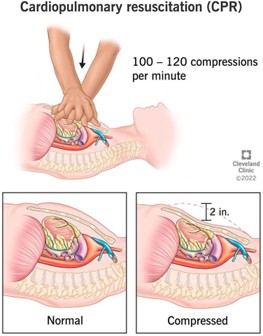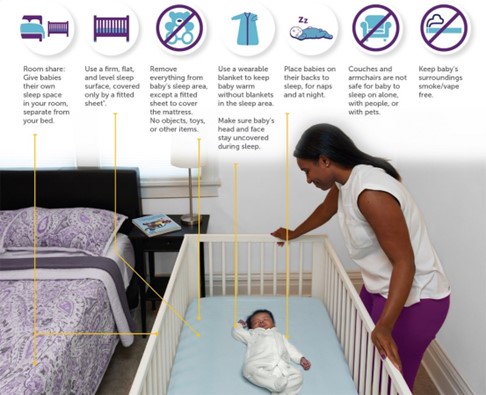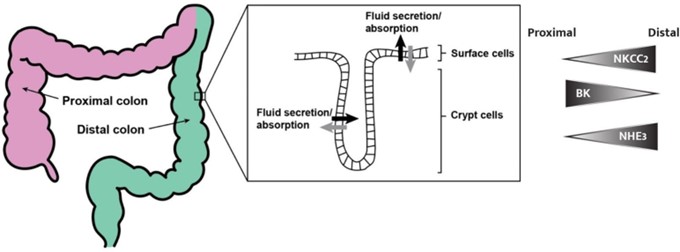A nurse on a cardiac care unit oversees the care of different client’s cardiac health problems. Which action can be most appropriately delegated to personnel (UAP/CNA) when a patrent is found unresponsive?
Obtaining arterial blood gases
Giving IV epinephrine
Initiating CPR
Intubating the patient
The Correct Answer is C
CPR (Cardiopulmonary Resuscitation) is a life-saving procedure that is performed when a person's heart has stopped beating. It involves chest compressions and rescue breathing to restore the circulation of oxygenated blood to the brain and other vital organs. The timely initiation of CPR can significantly increase the chances of a patient's survival.
In a healthcare setting, UAPs/CNAs are often trained to provide basic life support, including initiating CPR, until a healthcare provider arrives. However, giving IV epinephrine, intubating the patient, and obtaining arterial blood gases are all advanced medical procedures that require specialized training and expertise. These actions should only be performed by trained healthcare providers, such as registered nurses, physicians, or respiratory therapists, and cannot be delegated to UAPs/CNAs.

Nursing Test Bank
Naxlex Comprehensive Predictor Exams
Related Questions
Correct Answer is ["C","D","E"]
Explanation
- Use of blankets, pillows, and stuffed animals in the crib: It is important to educate parents about the risk of suffocation associated with soft objects in the crib. Infants should always sleep on their back in a crib with a firm matress and no loose bedding or soft objects.
- Correct placement of car seats: Properly installed car seats can help prevent serious injury or death in the event of a car accident. It is important to teach parents how to properly install car seats and use them correctly.
- Never leaving infant unatended in the bathtub: Drowning is a leading cause of death in young children, and infants can drown in just a few inches of water. It is important to remind parents to never leave their infant unatended in the bathtub, even for a moment.
Therefore, options c, d, and e are the most important topics to include when discussing safety with parents of infants. Options a and b may be important topics to discuss with older children, but they are not relevant to infants.

Correct Answer is A
Explanation
The colon is responsible for absorbing water and nutrients.
I am now at high risk for fluid and electrolyte imbalances. This statement demonstrates that the patient understands the function of the gastrointestinal tract in relation to fluid and electrolyte balance. The colon plays an important role in absorbing water and electrolytes from digested food, and after a large portion of the colon has been removed, the patient may be at higher risk for fluid and electrolyte imbalances.
Received message. The correct option is a. The colon is responsible for absorbing water and nutrients. I am now at high risk for fluid and electrolyte imbalances. This statement demonstrates that the patient understands the function of the gastrointestinal tract in relation to fluid and electrolyte balance. The colon plays an important role in absorbing water and electrolytes from digested food, and after a large portion of the colon has been removed, the patient may be at higher risk for fluid and electrolyte imbalances.

Whether you are a student looking to ace your exams or a practicing nurse seeking to enhance your expertise , our nursing education contents will empower you with the confidence and competence to make a difference in the lives of patients and become a respected leader in the healthcare field.
Visit Naxlex, invest in your future and unlock endless possibilities with our unparalleled nursing education contents today
Report Wrong Answer on the Current Question
Do you disagree with the answer? If yes, what is your expected answer? Explain.
Kindly be descriptive with the issue you are facing.
